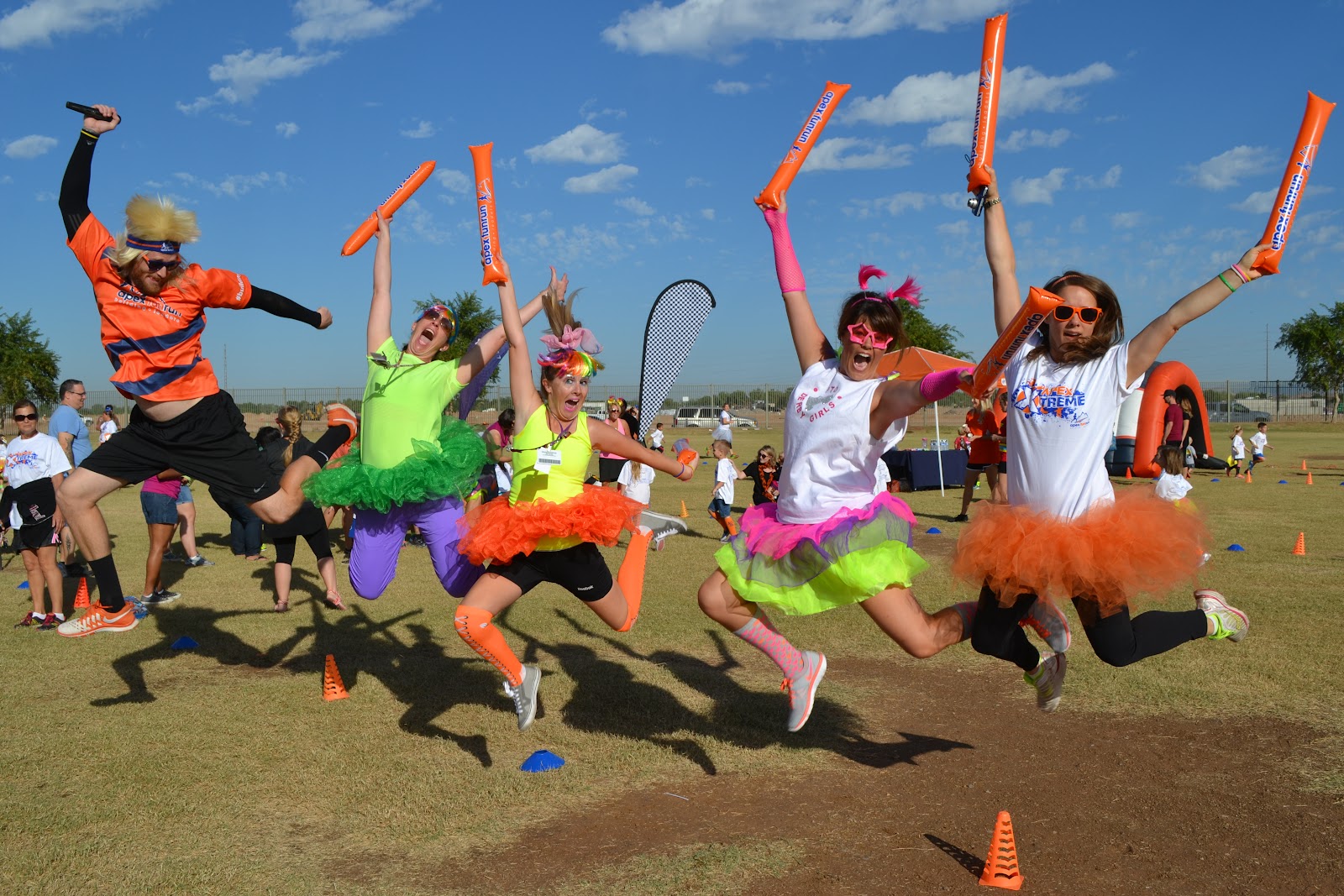Our educational system seems to have an obsession with both standards and assessment. And while it is understandable that we try to systematize ways to establish what we learn and how we we evaluate if we learn it, it also seems that our obsession here may also impedes true creativity, innovation and success. It’s with this in mind, that I’d like to establish a new 21st century standard: BADASS.
If we look outside of education, it seems that quality, or even success, are more obvious and accepted on some basic badass qualities. What are they and how can we use them to evaluate the success of our learning and educational endeavors?
If we look outside of education, it seems that quality, or even success, are more obvious and accepted on some basic badass qualities. What are they and how can we use them to evaluate the success of our learning and educational endeavors?
Here are five indicators of what one is doing is BADASS? I think if we can agree it’s badass, it’s probably exceeding many standards and regular assessments?

Media Coverage
If an idea, a product or piece of work gets media coverage - whether local, regional, national or international - it seems to have some credibility. One of my colleagues often said that if a project or lesson in school could make the New York Times, would that be the ultimate assessment? We know media coverage can now be accomplished in many ways including social media. But the bottom line is that someone out there in the world with some expertise or credibility in a given arena acknowledges our work. That make it badass.

The Critics
Speaking of expertise and credibility, what about a panel of experts evaluating or judging our work? Movies are judged by movie critics, music is judged by music writers, food is judged by foodies and food critics, etc. Why can’t we do that in education? What if teachers and schools brought in panels of experts in the respective areas to evaluate our lessons and projects? Maybe engineers should look at our math lessons and projects. Maybe researchers should look at our students’ work in history. Maybe scientists can come to our science classes? You get the idea. All communities have professionals and many of them would love to be involved in our schools. Maybe they help decide if our learning is relevant and successful. After all, they know what’s badass in the real world. For the record, there are already schools doing this in some capacity.

General Public Acclaim
We also judge success by the number of everyday supporters - whether they are fans, customers or other - who support an idea or project. They do this by purchasing or buying in, but they also do it by writing reviews and liking/following, etc. on social media. When a great video hits YouTube, there is a response. Our lessons and projects can be the same way. If we do something amazing at school, do our parents and community members, as well as students, know it and recognize it? They can do this is many ways, but will only do it when it’s amazing or exceptional. So, if we want to know if our learning and outcomes are exceeding standards and scoring well, why don’t we take a look at our fans in the general public? Chances are the same old work sheet, exam, notes or other will not garner that attention or support. And maybe that’s what we should be aware of responding to.

Replication/Duplication
There is an old saying that I won’t repeat. But in business and most of the real world, we can gauge success of an idea often by how many others begin to adopt. Think about new food or restaurant success, it’s almost always replicated by others. When you see one food truck, you usually see many more. You get the idea. So, what if we applied this to education? What if teachers began implementing learning methods and projects based on what they see their colleagues having success in? Seems so simple, but so elusive too. Every school has a handful of really badass teachers, but we often don’t try to replicate them. We often don’t turn to them and challenge one another to do what they do. And these days, one’s colleagues can be on the same site, same district or anywhere in the international education community you want to go online.

Students
This is the ultimate badass barometer and the obvious best for last. How often do students come home and rave about their learning? How often do they share publicly on social media that they are excited about their learning and outcomes? Answer is simple: not often enough. Indeed, in many cases never. That’s a problem. Our students should be excited and engaged enough about their learning that they talk about it. Sharing and reflecting on our own learning is evidence of higher levels of learning. As educators, we should care about what our students are saying about their learning and be very concerned if they rarely talk about if at all. It’s easy to compare the difference when someone is truly engaged and when someone is not. Students, like everyone else, know when something is badass. They will let you know. If we don’t hear from them, it’s not badass. It’s that simple. One, we need to ask for their opinion. Two, we need to create something that will elicit a positive one.

For some, this may seem too simple, vague or non-academic. However, if real world is our barometer, then here is yet another example of education’s disconnect. We have created lots of different standards and ways to assess those standards. But few of them are transformative because few of them, if any, are BADASS.
(images courtesy of Foter, Pixabay)
Comments
Post a Comment